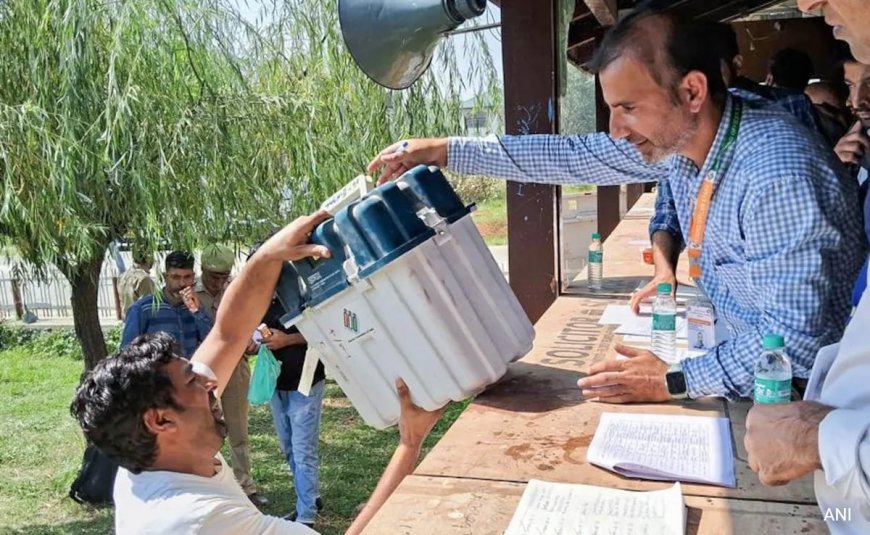"Don't Delete Data": Supreme Court To Poll Body On EVM Petition
"Don't Delete Data": Supreme Court To Poll Body On EVM Petition

Don't Delete Data: Supreme Court To Poll Body On EVM Petition
In a recent development, the Supreme Court has raised a critical issue regarding the handling of electronic voting machines (EVMs) in relation to a petition that questions the integrity and transparency of electoral processes. The court has directed the Election Commission of India, often referred to as the poll body, to refrain from deleting any data related to the EVMs in question. This ruling underscores the importance of preserving electoral data, ensuring that any allegations concerning the electoral process can be thoroughly investigated.
Background of the EVM Petition
The petition was filed by various political parties and activists who have expressed concerns over the reliability of EVMs used in Indian elections. Petitioners argue that the deletion of data from EVMs can hinder transparency and accountability, which are the cornerstones of a robust democratic process. The Supreme Court's intervention highlights the judiciary's role in safeguarding electoral integrity and maintaining public trust in democratic institutions.
The Supreme Court's Directive
During the proceedings, the Supreme Court emphasized the necessity of retaining all data associated with EVMs until the completion of the inquiry. The court's directive is crucial as it ensures that no information is lost that could influence the outcome of the investigations or subsequent legal actions. This ruling is not only a significant step towards justice for the petitioners but also a message to the Election Commission about the importance of transparency in election management.
Impact on Electoral Transparency
This ruling may set a precedent for future handling of election data in India. By mandating that the Election Commission retain data related to EVMs, the Supreme Court is advocating for a more transparent electoral process. The implications of this ruling could lead to enhanced scrutiny of electoral practices, possibly prompting reforms aimed at ensuring the reliability of electronic voting machines and the overall electoral process.
What Lies Ahead
Following this directive, the Election Commission will need to navigate the complexities associated with data management while ensuring compliance with the court's order. This may involve increased public engagement on electoral reforms and more robust measures to safeguard data integrity. The court's emphasis on not deleting data may also lead to potential policy changes regarding how electoral data is stored, accessed, and examined.
Conclusion
The Supreme Court's ruling to instruct the Election Commission to "Don't Delete Data" signifies a pivotal moment in the discourse surrounding electoral integrity in India. As the case unfolds, it will be essential to monitor how these developments will affect public confidence in the electoral system. Enhancing transparency through adherence to legal mandates will ensure that the democratic process remains fair and just. For more updates, visit dharmyuddh.com.
News by dharmyuddh.com Keywords: Supreme Court EVM petition, Election Commission directive on EVM data, transparency in Indian elections, preserve electronic voting machine data, integrity of electoral process, legal implications for election data, public trust in democracy, handling of EVM data in India, electoral reforms and data management.







